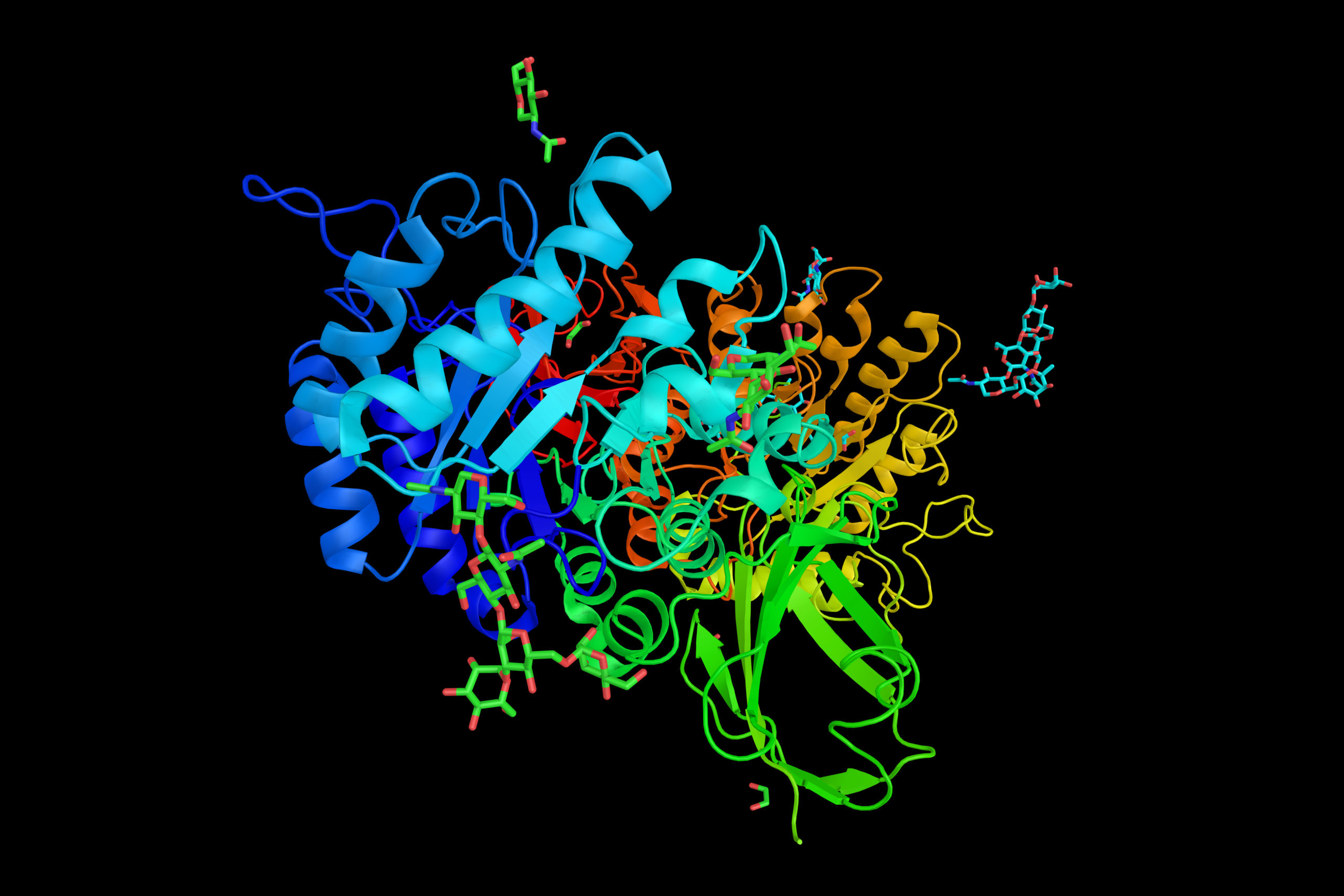
Is Intelligent Design Testable?
Eugenie Scott is a physical anthropologist who as director of the National Center for Science Education travels the United States warning audiences about the threat of creationism and unmasking its various guises. Intelligent design, according to her, is currently the most sinister of these guises. Scott has developed a standard shtick, which includes not only some well-worn arguments against creationism Read More ›



